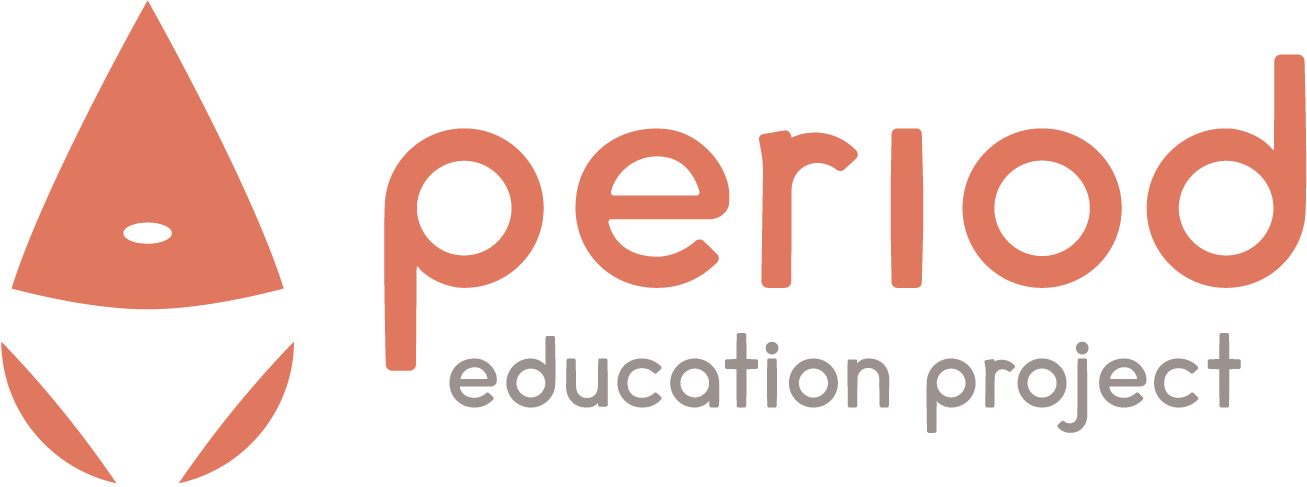Alana Davidson, Period Pro from Duke University School of Medicine

Alana Davidson, Period Pro
Most people think of birth control as simply a tool to use to prevent pregnancy. In reality, it can do SO much more than that. Millions of teens and adults use it primarily for period regulation, pain relief, and quality of life. It’s time to normalize the conversation surrounding birth control. It’s not weird or wrong to use hormonal contraception for non-contraceptive benefits. It can be incredibly helpful and beneficial to so many people experiencing the challenging aspects of periods.
Lots of people experience period problems. For some people, the first years of getting their period can be stressful. Cycles can be irregular as it gets used to the hormonal changes of puberty. Although this is normal, it can be associated with heavy bleeding, painful cramps, migraines, and acne. These effects can impact school, sports, and a person’s social life. This can be a really hard adjustment, but menstruators do not have to go through this alone! And, better yet, hormonal contraception can help.
Hormonal birth control can help regulate hormones to manage some of the side effects I mentioned earlier. They can have a lot of benefits including (but not limited to):
- Makes cycles more regular
- Reduces menstrual flow (helpful for heavy periods)
- Decreases cramping and pelvic pain
- Improves acne and premenstrual syndrome (PMS)
- Prevents or lessen migraine headaches related to hormones
- Protects against certain types of cancer (like endometrial and ovarian cancer)
There are even specific medical conditions that hormonal birth control can benefit. For example, hormonal birth control can help with Polycystic Ovary Syndrome, or PCOS by reducing the number of hormones released (which contributes toPCOS), regulate cycles, and improve acne/excess hair growth. It can also help with endometriosis, which is a syndrome that can cause painful periods. Finally, it can help with anemia, which can be caused by heavy flows. Hormonal birth control can lower blood loss which reduces the risk of iron deficiency.
“The Pill” is a common form of hormonal birth control that might be the first thing that you think about when considering birth control options. The reality is there is so much more to choose from! Just to name a few, there is the daily pill, patch (changed weekly), vaginal ring (monthly insertion), Depo-Provera shot (every 3 months), Contraceptive implant (lasts up to 3 years) or Hormonal IUD (can last 3-7 years!). Menstruators can chat with their doctor to find an option that works best for your lifestyle and comfort.
At this point, you might be thinking: “But what do I tell my parents???”
This can certainly be a challenging conversation to have with your parents. However, no matter a person’s reason for wanting to pursue birth control, health and quality of life are both very valid reasons. It’s important to have open, stigma-free conversations with parents and healthcare providers. Everyone has different needs; your doctors are available to help you facilitate the discussion!
If there’s one takeaway, it’s this: birth control is medicine with many talents. Beyond preventing pregnancy, it can ease period problems, boost confidence, and make daily life healthier and more manageable.
Remember: If periods are interfering with your life, it’s worth a conversation with a trusted adult and/or healthcare provider.
